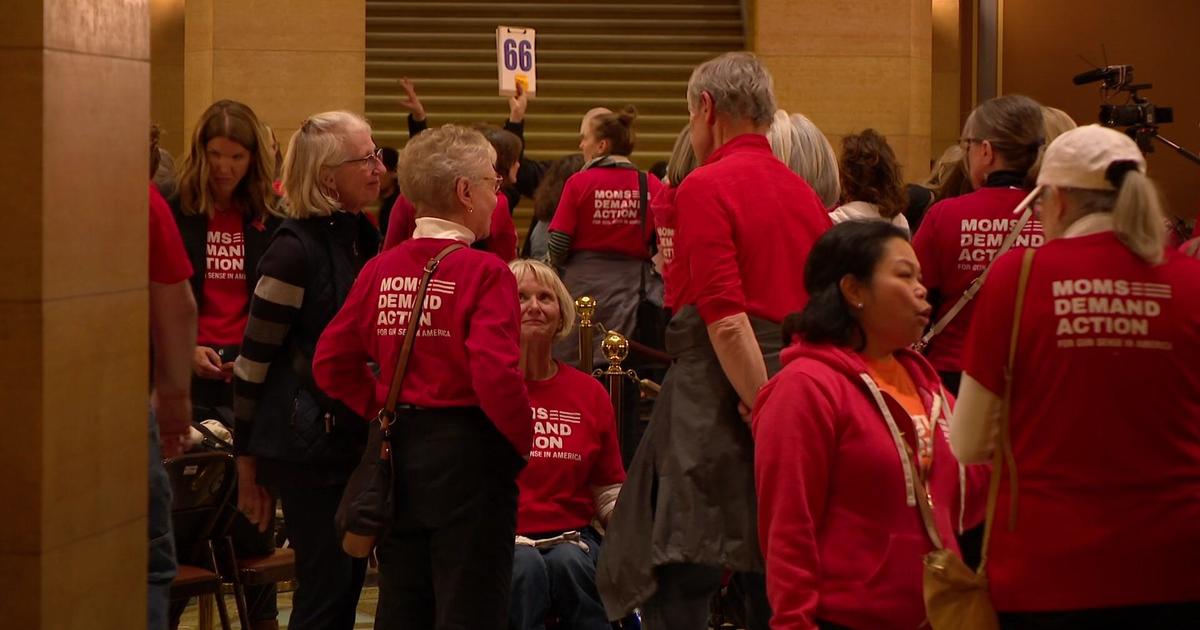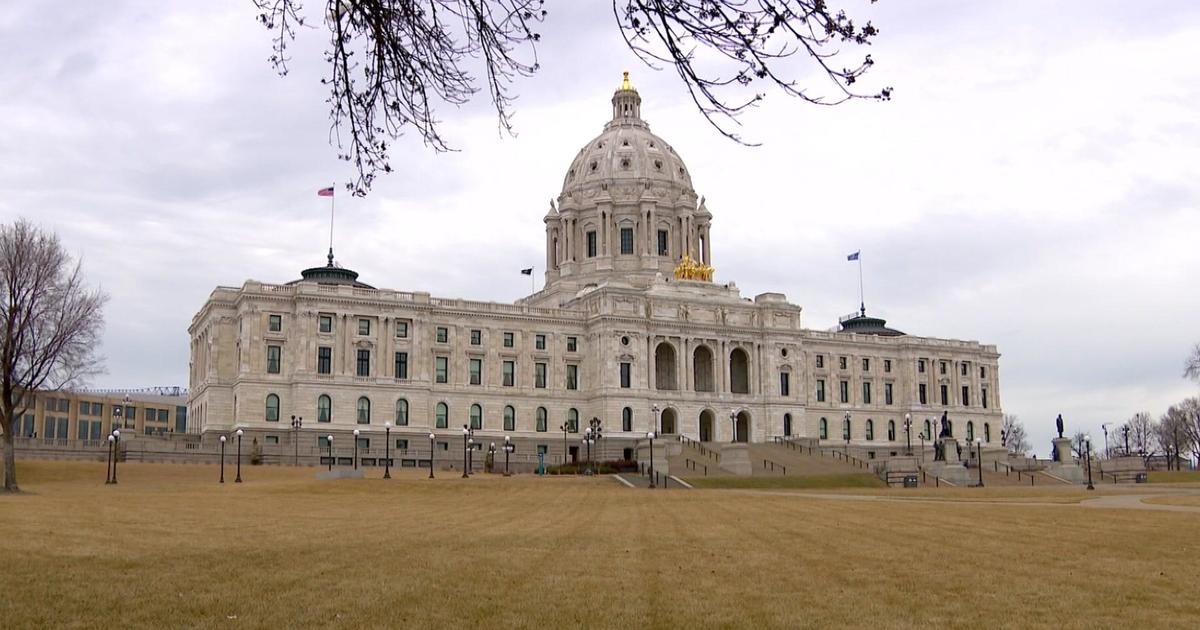Deadline Nears For Tax Relief Plan Without A Deal
ST. PAUL, Minn. (AP) — With tax breaks on everything from child care expenses to college tuition hanging in limbo, Minnesota lawmakers appear increasingly unlikely to meet Gov. Mark Dayton's goal of enacting a substantial relief package this week.
The Senate is still assembling a bill to match up with the House's approved $500 million in cuts. Failure to adopt a compromise bill soon could mean taxpayers have to file amended returns to reap tax cuts, if they bother with the hassle at all.
Senate Taxes Committee Chairman Rod Skoe said Monday he hopes to pass a bill by the end of the week. He didn't say what he'll include or leave out of the bill, but strongly hinted it will differ from the House's measure. That means more steps — and more time — to get a final version to Dayton.
Minnesota's budget situation has improved dramatically since last year. The 2013 Legislature raised $2.1 billion in taxes to help close a deficit. The state now has a projected $1.2 billion surplus.
Some of the tax breaks would be achieved by lining up Minnesota's tax code more closely with federal deductions and exemptions. Some of the exemptions would be retroactive to 2013, while others wouldn't be applicable until next year. Working family credits averaging $300 for low-income households would start immediately, but an adjustment to the standard deduction for married filers averaging $115 would wait.
Also holding up the package is agreement about how extensive the breaks should be. For instance, Dayton wants to expand the child-care tax credit more significantly than the House, making it available to 170,000 households by relaxing an income eligibility standard compared with 26,000 families that would benefit in the House version. For families with two children in daycare, Dayton's administration says the credits he wants could reach $2,100.
Another big question is whether businesses subject to new sales taxes on heavy machinery repair and telecommunications equipment will see an about-face from the Legislature. The Legislature imposed those taxes last spring, and a warehousing services tax is supposed to kick in April 1. But lawmakers widely want to stop the warehousing tax for fear of driving those businesses across the Wisconsin and Iowa borders.
In addition to putting the brakes on the warehousing tax, the House version would offer refunds to businesses that have already paid the other taxes. But Skoe, DFL-Clearbrook, said he isn't convinced refunds are the way to go.
Skoe said his bill is also likely to revise estate and gift taxes applied to people who transfer significant amounts or inheritances. Dayton has also called for action on that front.
House Tax Committee Chairwoman Ann Lenczewski said the gift and estate tax matters are complicated issues that need carefully crafted solutions. She said those discussions can wait until later in the session so the breaks for the middle-class and businesses don't get held up.
"These two things are time-sensitive," said Lenczewski, DFL-Bloomington. "Everything else is not."
Republican Senate Minority Leader David Hann of Eden Prairie said with each passing day the tax relief is losing its potency as people file their taxes.
"Some people are going to forget about it or they're just going to say it's too much effort to go back and amend my tax return at this point," Hann said. "The sooner we can do this, the better."
(© Copyright 2014 The Associated Press. All Rights Reserved. This material may not be published, broadcast, rewritten or redistributed.)



